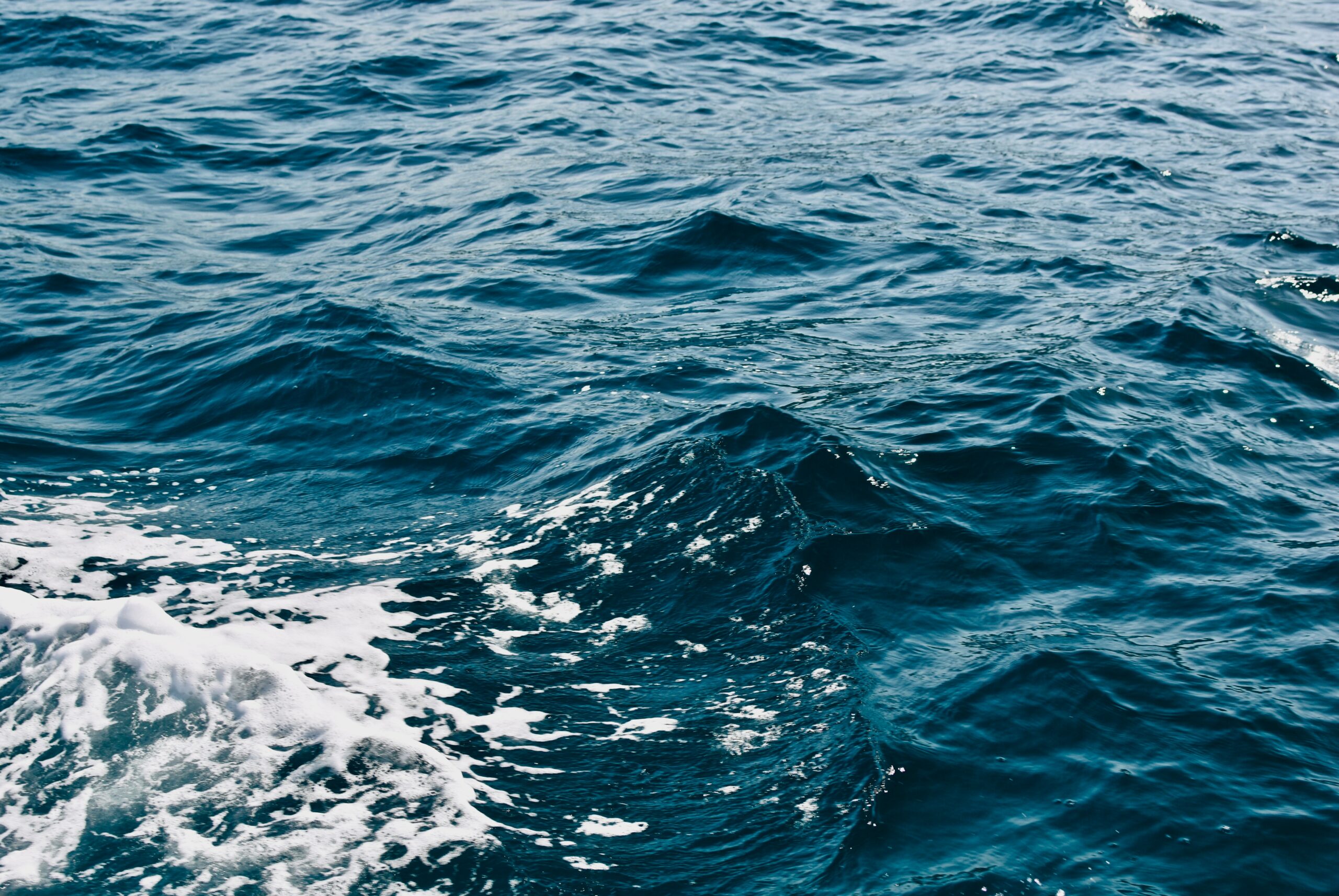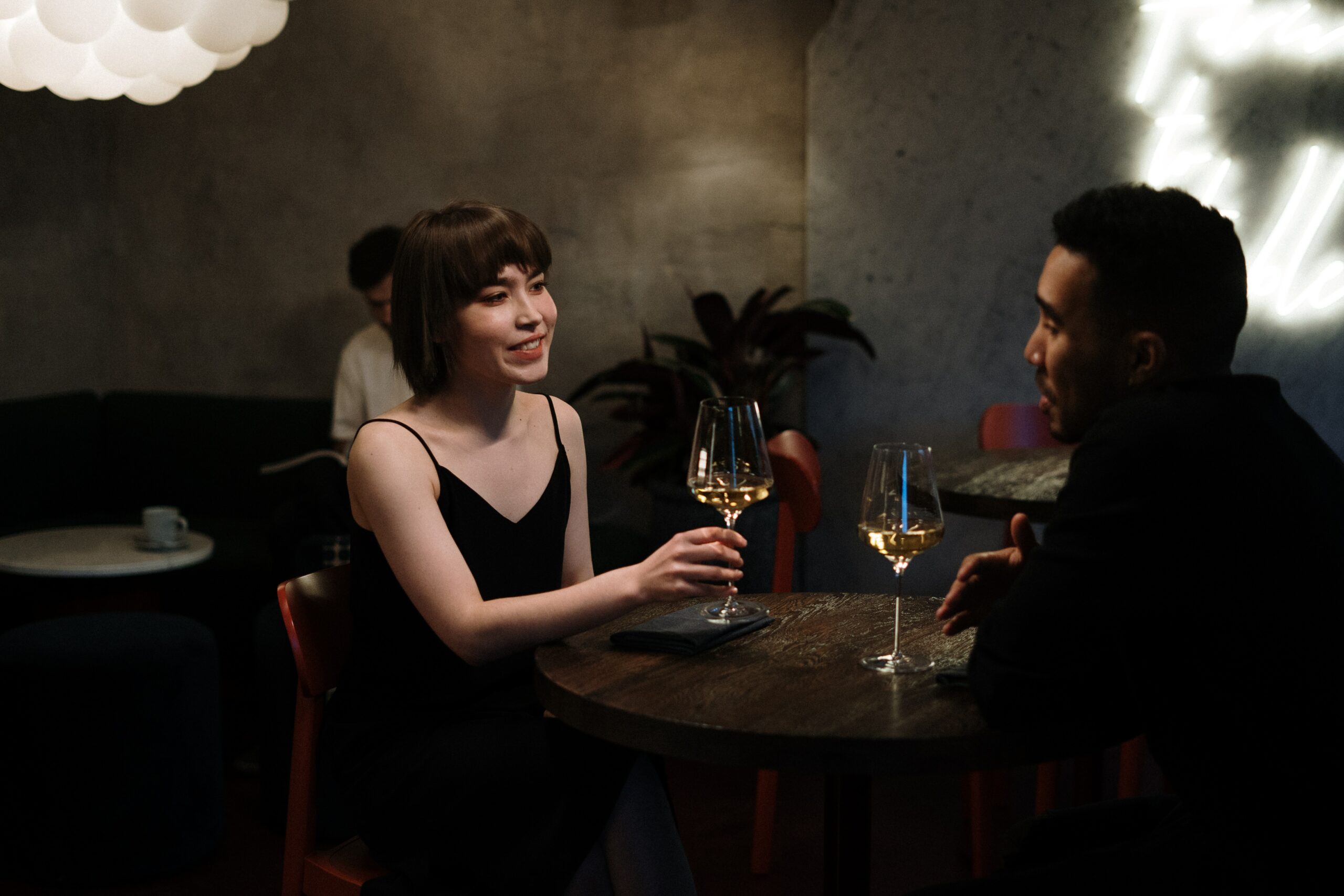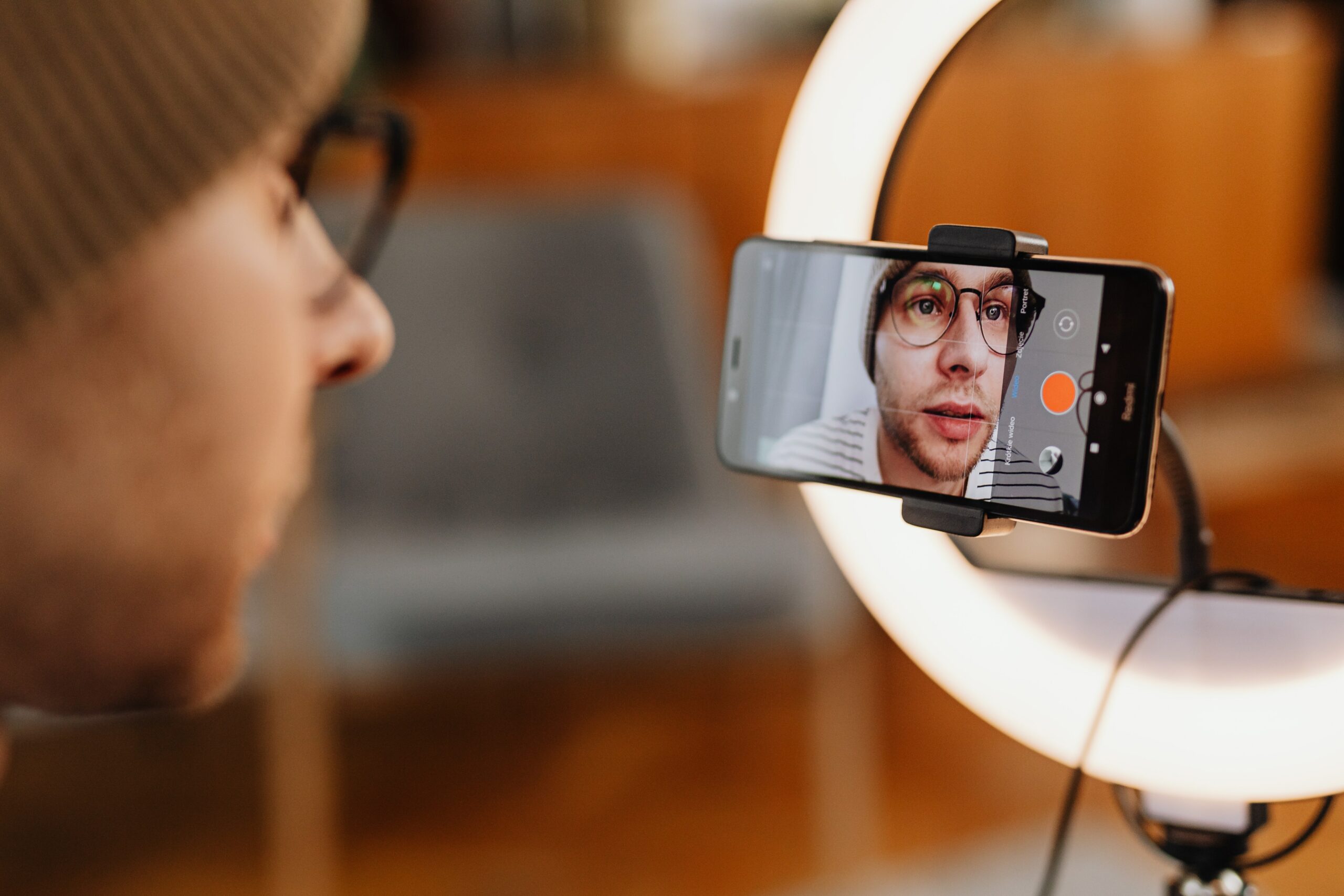“What technique do you guys teach?” That’s a question I get asked all the time from people who are interested in learning about Annie’s studio. And, depending on my mood, I may give a variety of answers. But most commonly, I like to paraphrase Bruce Lee, and say that we teach the style of acting without acting.
You see, growing up in the eighties, I was a huge fan of action movies. I loved Arnold and Sly and all the other big names, of course. But the one who always stood out to me was Bruce Lee. I think that, even at an early age, I could tell he was different. He wasn’t pretending to be a fighter, or a hero. He was a real martial artist. With the emphasis on artist. That’s who he was. He was expressing his true self through his art. And his commitment to that art, his passion for it, continues to inspire his old fans and create new ones to this day. Fifty years after his death.
I think that actors can learn a lot by studying Bruce’s approach to his art.
Lee began studying Kung Fu as a child. But, as he grew and matured, he began to feel that there were aspects of that discipline that didn’t make sense to him. That he wouldn’t ever be able to use in an actual fight.
At the same time, he believed that there were elements of Karate, wrestling, and boxing that could make him a more complete fighter. The end result was that Bruce created his own style, discarding whatever didn’t work for him, and accumulating any skill that he felt might benefit him. Regardless of where it came from. He wasn’t dogmatic in his approach, he was practical. He was only interested in making sure the end result was as good as it could be.
He wanted to stop fighting, and start being. To be so present, so in the moment, and so prepared, that he wouldn’t have to consciously pick a move or throw a punch. It would all be automatic, in response to whatever his opponent was doing. As Bruce himself said, the goal was “To be like water.” Free to move and take the shape of whatever was needed in any given moment. Watching and reacting to his opponent, instead of focusing on the fight itself. Practicing the art of fighting without fighting.
Makes a lot of sense, don’t you think?
Let’s face it, any given acting technique may have elements that resonate with you. That inspire your creativity, unlock your confidence, or get you out of your head. But, by that same token, any traditional approach probably has exercises or practices that won’t do anything for you.
And that’s okay. Not every technique, or every exercise, is going to work for everybody. Actors are artists. And, like all artists, our work is deeply personal. Deeply unique. Our emotional and physical lives inform our art. They are the instruments that we play. The colors that we paint with. And they are vastly different for each of us. So, to say that everyone can benefit from Meisner’s repetition exercise, or practicing Chekhov’s psychological gestures, is to say that all of us are playing the same instrument. Using the same tools. We are not.
Annie’s studio is not about using any specific technique, it’s about figuring out what works for you, and helping guide you to your best audition experience. When I watch good work, I don’t care if they got there through Stanislavski, Chekhov or Meisner. I only care if I believe what I’m seeing. If I’m looking at a fully formed person experiencing the scene as it happens. Not watching an actor, but watching a person. The art of acting without acting.
And if I’m not believing what I’m seeing? I want access to every possible tool I might need to get the job done. Why be limited by using only one fixed approach? We should constantly be experimenting, pulling from any technique that works for us.
Personally, I am always endeavoring to refine my approach. To figure out what works for me. And I know that my toolkit may change from year to year, project to project, or even moment to moment. And that’s okay. I don’t need to be dogmatic in my approach. I need my approach to be effective.
To paraphrase Mr. Lee one more time, focusing on a specific acting technique is like focusing on a finger pointing to the moon. Don’t focus on the finger, or you’ll miss all that heavenly glory.




